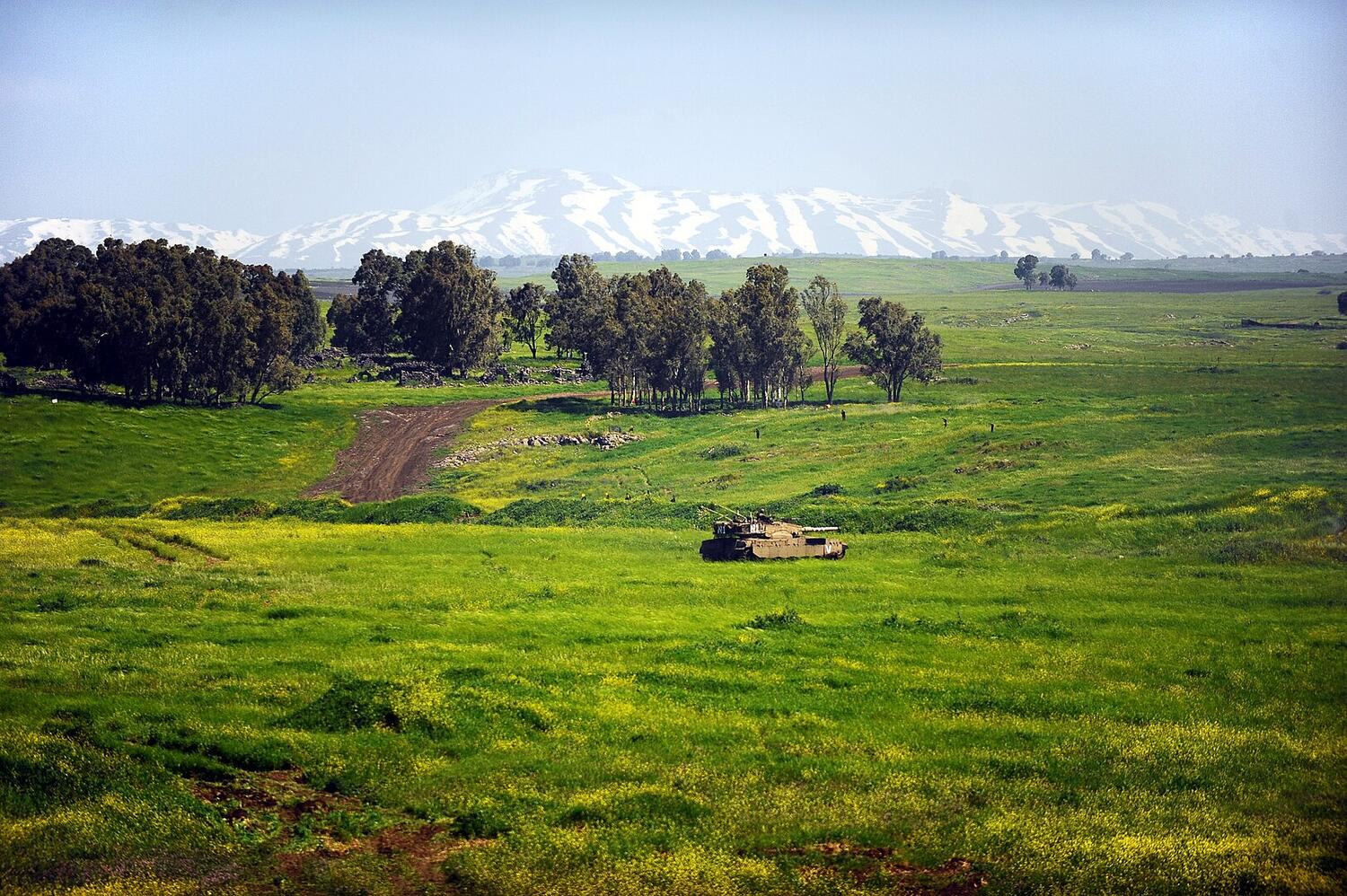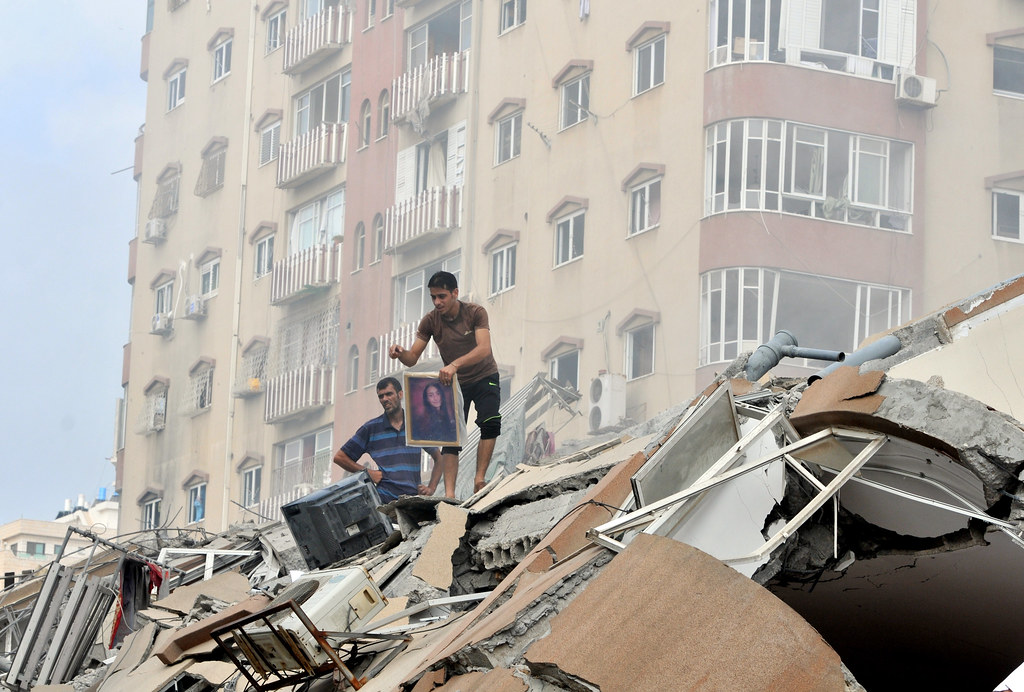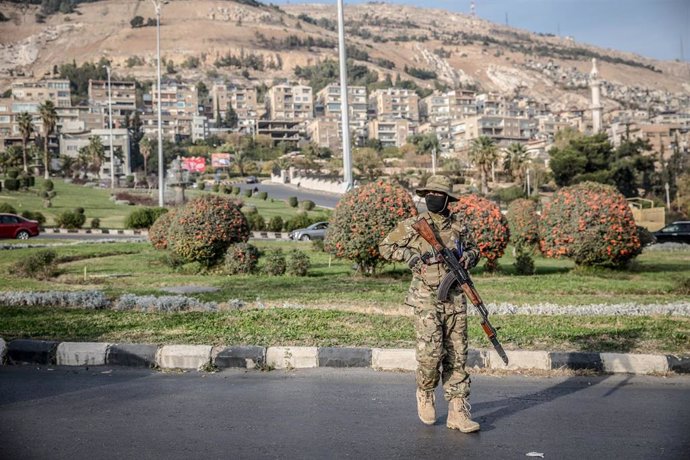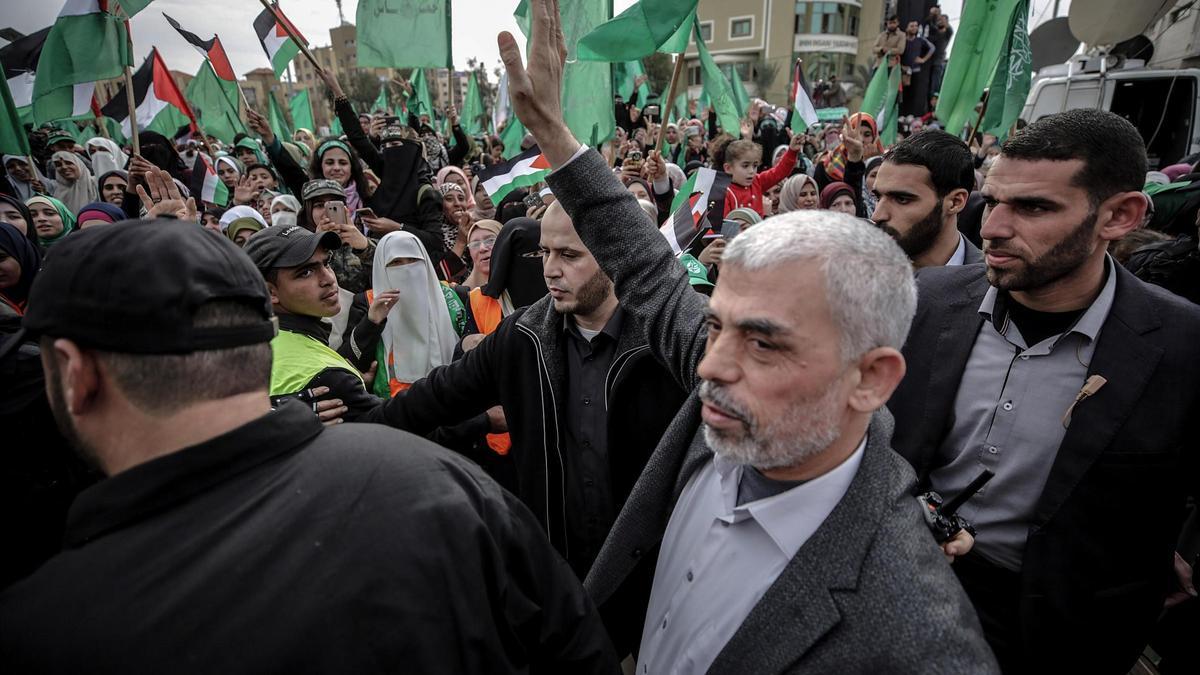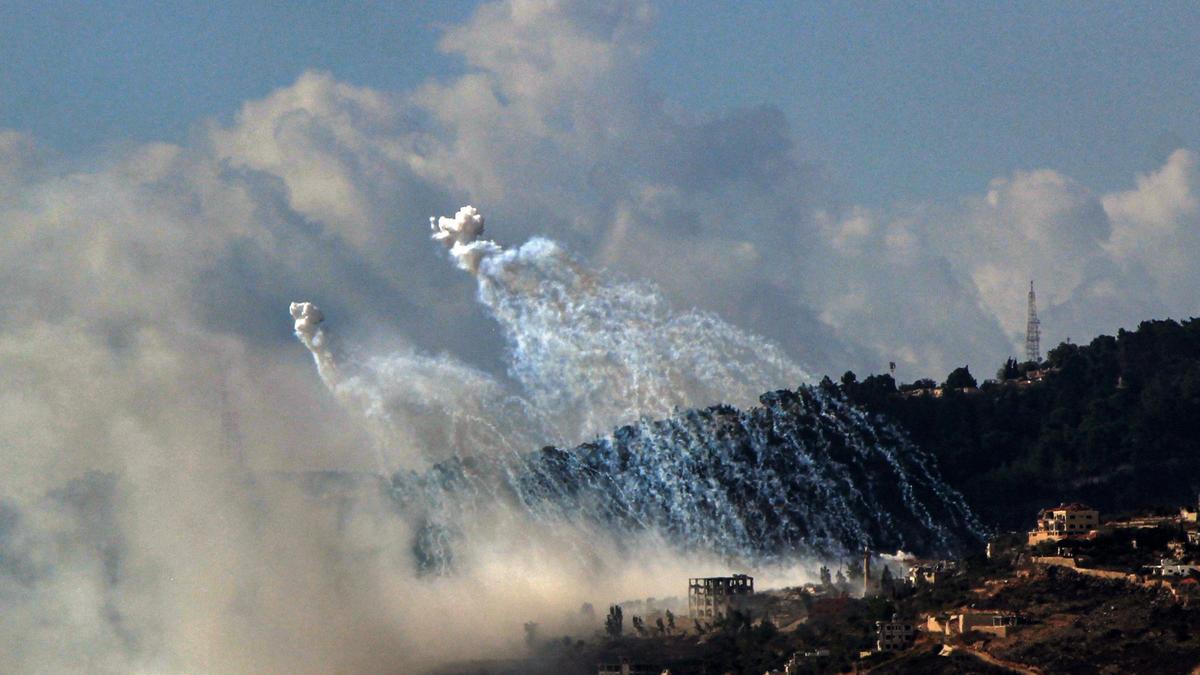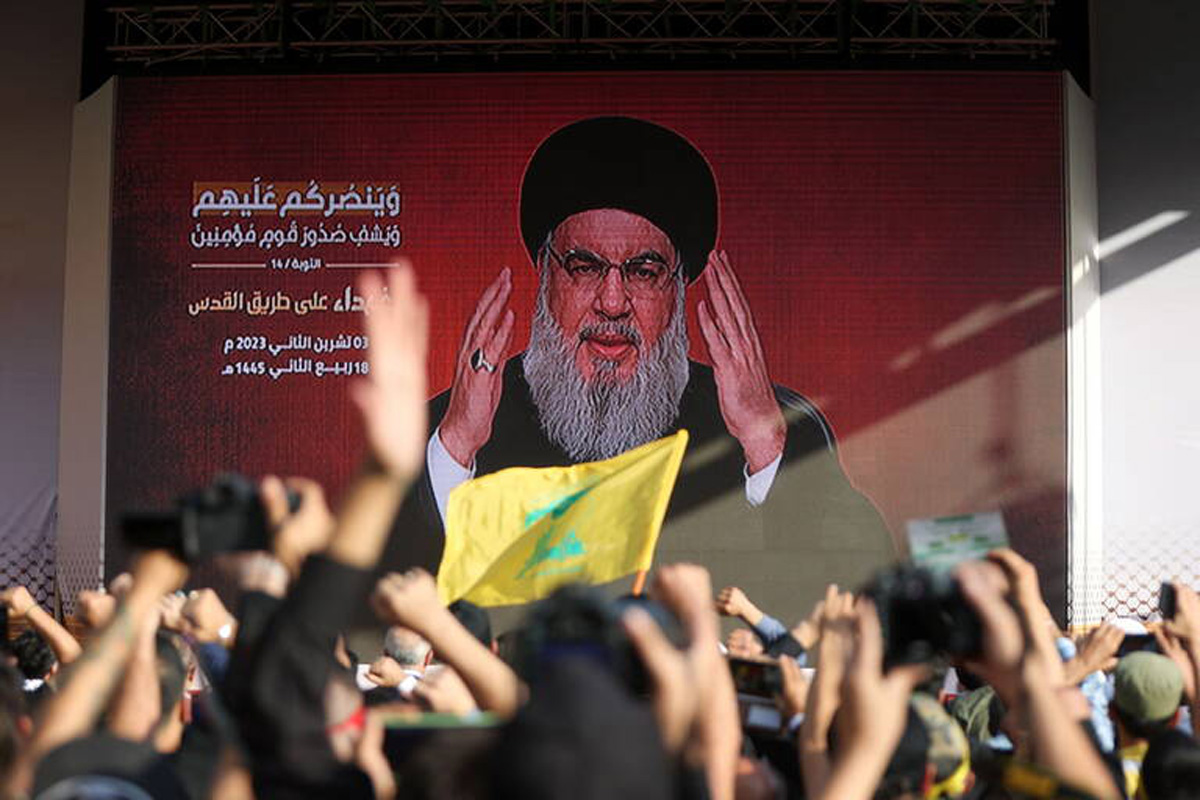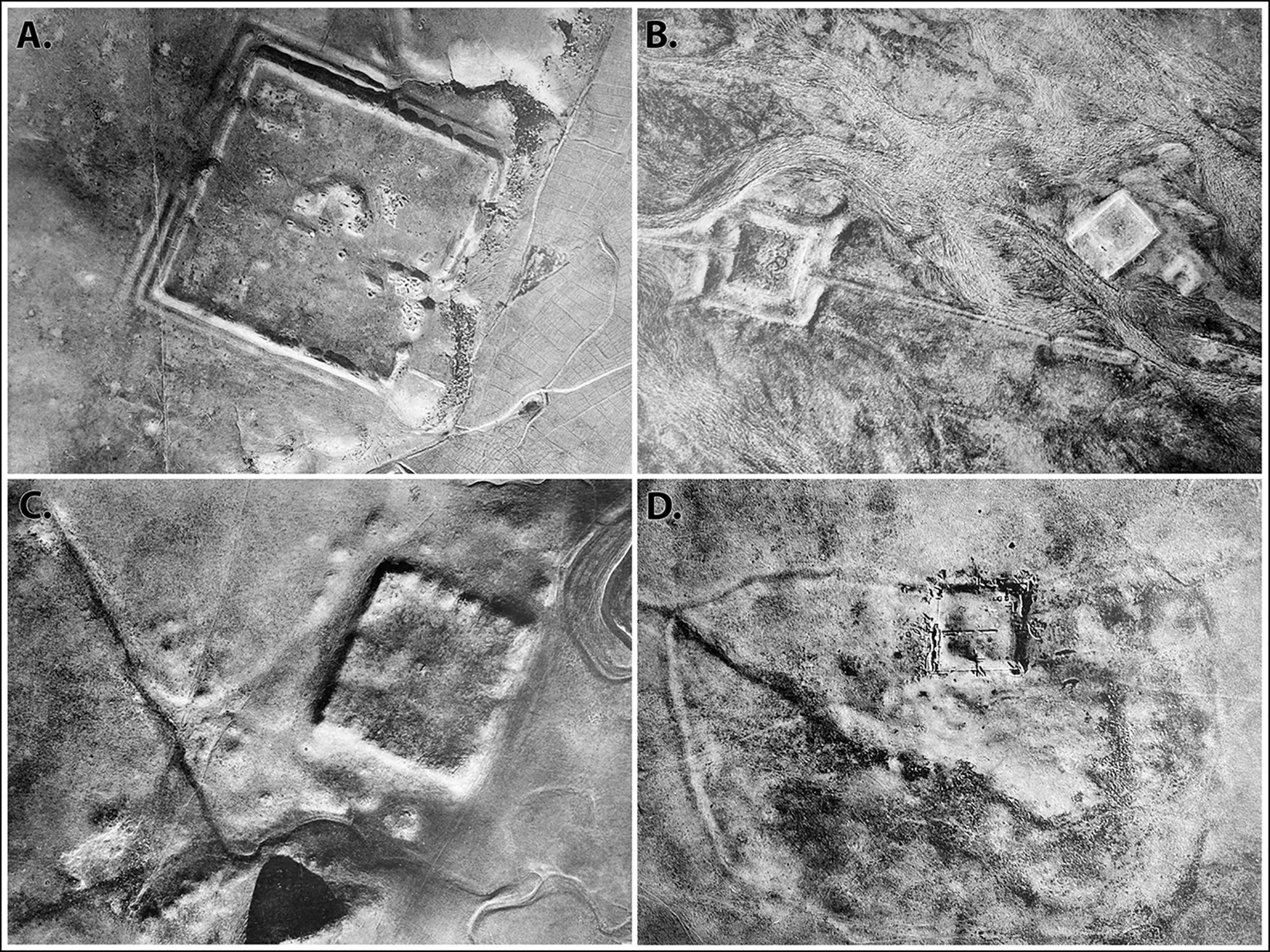Israel continues to bomb Lebanon: 182 deaths and 727 wounded on Monday
- Israel has carried out a bombing in several cities in Lebanon that has not been seen in recent years. At least 492 people have died and 1,645 have been injured on Monday, according to data from the Lebanese health ministry. Furthermore, Israel bombed southern Lebanon this weekend and killed two Hezbollah commanders on Friday in Beirut. Hezbollah has launched dozens of rockets into Israeli lands, in the largest attack by the Shia militia since 7 October in Gaza. The Israeli Defence Minister has ensured that the "centre of war" will be moved from Gaza to Lebanon. The war between Hezbollah and Israel can involve direct participation in Iran and, therefore, a regional war that could explode.
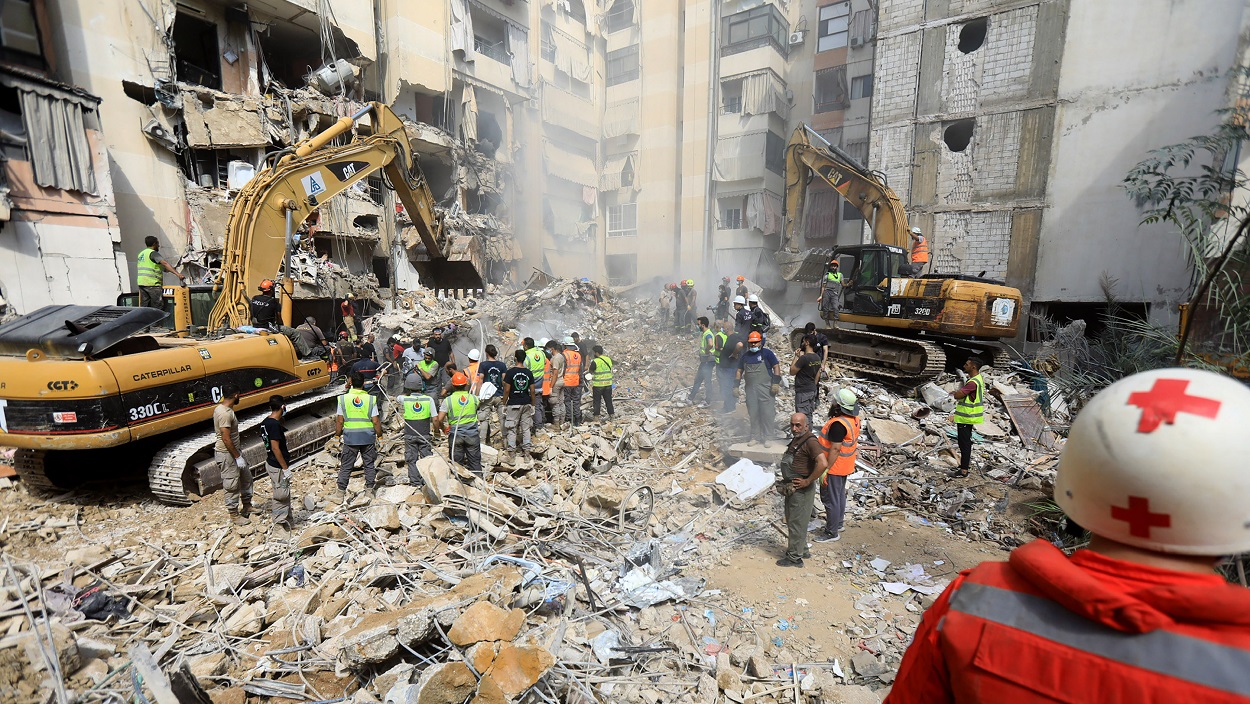
Israel is giving further reasons to Hezbollah and its allies to start a total war in recent days. On Monday, Israel launched a massive attack in Lebanon, and thousands of citizens left their homes and began to flee, causing heavy withholding in the country’s cities. According to data provided this Monday evening by Israel, at least 492 people have died and 1,645 have been injured, while Lebanon continues to be destroyed. Among the deaths there are 35 children, dozens of civilians and two doctors, according to the police.
Lebanese Minister of Health, Firass Abiad, said Israel is bombing homes, health centers, ambulances and cars of people trying to escape the attacks, according to Al Jazeera.
Israel has carried out about 400 air strikes in a couple of hours in dozens of cities in southern Lebanon. The Israeli Army said "attacks on the Hezbollah were spreading systematically", according to the Israeli Army. As a result, Lebanon has been destroyed by dozens of Lebanese fleeing the bombings in southern Lebanon.
From Friday
On Friday, two major Hezbollah commanders were murdered by the Zionists in Beirut, according to the Shiite organisation itself, along with 12 other members. In a populated area of civilians, Israel has shot down two of its buildings with bombing of Gaza City. Although he has assured that this is a "high-precision attack", the bombs have killed at least 45 people, including three children. Searches for corpses among the rubble of buildings are still under way. The Lebanese Transport Minister has warned that it is a war crime to bomb civilian homes and has denounced that Israel "is bringing war to the region".
In addition to the Beirut attack, Israel has continued to bomb Lebanon over the weekend, particularly in the south of the country. According to Al Yazira, there have been more than 400 attacks by Zionists on Saturday in the Lebanon region. This latest operation, according to the Israeli army, is intended to make it difficult for the "large-scale" attack that the Hizbollah was preparing and which is now in flight.
However, Hezbollah has not been prevented from carrying out unprecedented attacks on Israel, as reported by the Turkish Ministry. In response to the "death of civilians" in Lebanon, on Saturday several Shia militias launched dozens of rockets against the lands controlled by Israel. They have also reached the vicinity of the city of Haifa and have headed to the military base of the area, Ramat David. It is the occasion when the Hezbollah rockets have gone further in this conflict and the fact that it strikes the environment of a large Israeli city has called into question the Zionist security system. Weekend attacks have been the strongest among Zionists and Hezbollah since 7 October.
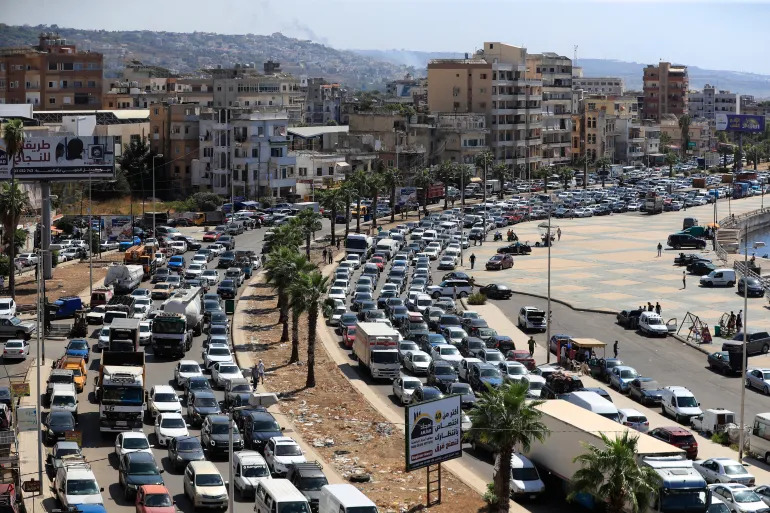
“If you have not yet understood the message, you will soon understand it.”
UN Secretary General Antonio Guterres criticized the explosion of walkie-talkies and search engines last week, recalling that the use of "civilian objects" for military purposes is contrary to international law. The explosions caused by Israel do not distinguish the combatants from the civilian population. Many of the explosions have taken place in public space, and many civilians have been injured and killed in the assault.
The Israeli Army, which is usually not taking on such attacks, has been alluded to this Sunday by Netanyahu himself in a public hearing in which he has assured that "in the past few days he has been beaten up that he could not imagine Hezbollah." The Zionist Prime Minister threatens the Party of God: “If you have not yet understood the message, you will soon understand it.”
Risk of regional war
Iran’s participation is one of the questions that remain the most in the air now. On several occasions, Iran has said that it will intervene in the conflict if Israel faces a war with Hezbollah. However, Israel is overcoming the red lines one after the other and, for the time being, Iran has not given any response of the magnitude that was expected. At the end of July, the Zionists murdered Ismail Haniyeh, the political leader of the Islamic Resistance (HAMAS) in Tehran, and then Iran promised "a calculated response," promising that they would do it "at the right time," but none has yet arrived.
The Zionists’ offensive against Hezbollah is expected to increase. The Israeli Defence Minister, Yoav Gallant, has said that "the centre of the war" will move north from Gaza to Lebanon. “We will persecute our enemies to defend our citizens, and we will do so also in Beirut,” he said. The attack on Beirut was one of the red lines drawn by Hezbollah, but the capital has already been bombed three times.
Professor Gilbert Achcar, an expert in the conflict between Israel and Hezbollah, told the Berria newspaper that Israel needs the permission of the United States to start a full war on Hezbollah, because if Iran enters into conflict it needs help from the United States. According to Achcar, if Israel waged a full war against the Shia militia, “Iran will have to respond”, otherwise it would lose “all credibility.” In April he showed that Iran has the capacity to bomb Israel. Iran launched a massive attack on Israel in response to the death of two Iranian leaders in Syria by the Zionists, along with Huthie and Hezbollah.
The gauze in the background?
It remains to be seen to what extent the repatriation of the military forces of the Zionists to Lebanon can ease the situation in Gaza. The Israeli military authorities have repeatedly stressed that Israel cannot fight on two fronts at the same time, and that Israeli forces are moving north. HAMAS has declared that it is able to continue fighting, despite the serious damage it has suffered throughout its life.
So far, more than 41,400 people have been killed by the Zionists in Gaza, nearly 100,000 have been injured and have turned most of the Gaza Strip into a waste, greatly hampering their livelihood. According to experts, some 1,000 humanitarian trucks are needed daily to cope with the situation that has left the genocide in Gaza, and according to UNICEF, Israel has only allowed access to 15 trucks a day in September.
Israelek eraso masiboak abiarazi ditu berriro ere Gaza osoan: Khan Younis eta Rafan Gaza hegoaldean, Gaza Hirian iparraldean eta eta Deir el-Balah-n erdialdean. "Familiak seme-alaben gorpuzkiak eskuetan zituztela iristen ziren ospitalera", adierazi du lekuko batek.
Berlinen martxoaren 8an izandako manifestazioa gogorki erreprimitu du Poliziak. Palestinaren aldeko aldarriak zeramatzaten manifestariek. Agintariek Alemanian arabierazko abestiak eta diskurtsoak debekatu dituzte manifestazioetan, "segurtasun publikoko" arrazoiak direla... [+]
A Palestinian state, two states or none. These are some of the solutions that are represented when referring to the conflict in Palestine. The State of Palestine may consist of the current Gaza and the West Bank, or it may be just Area A of the West Bank – an area controlled... [+]








